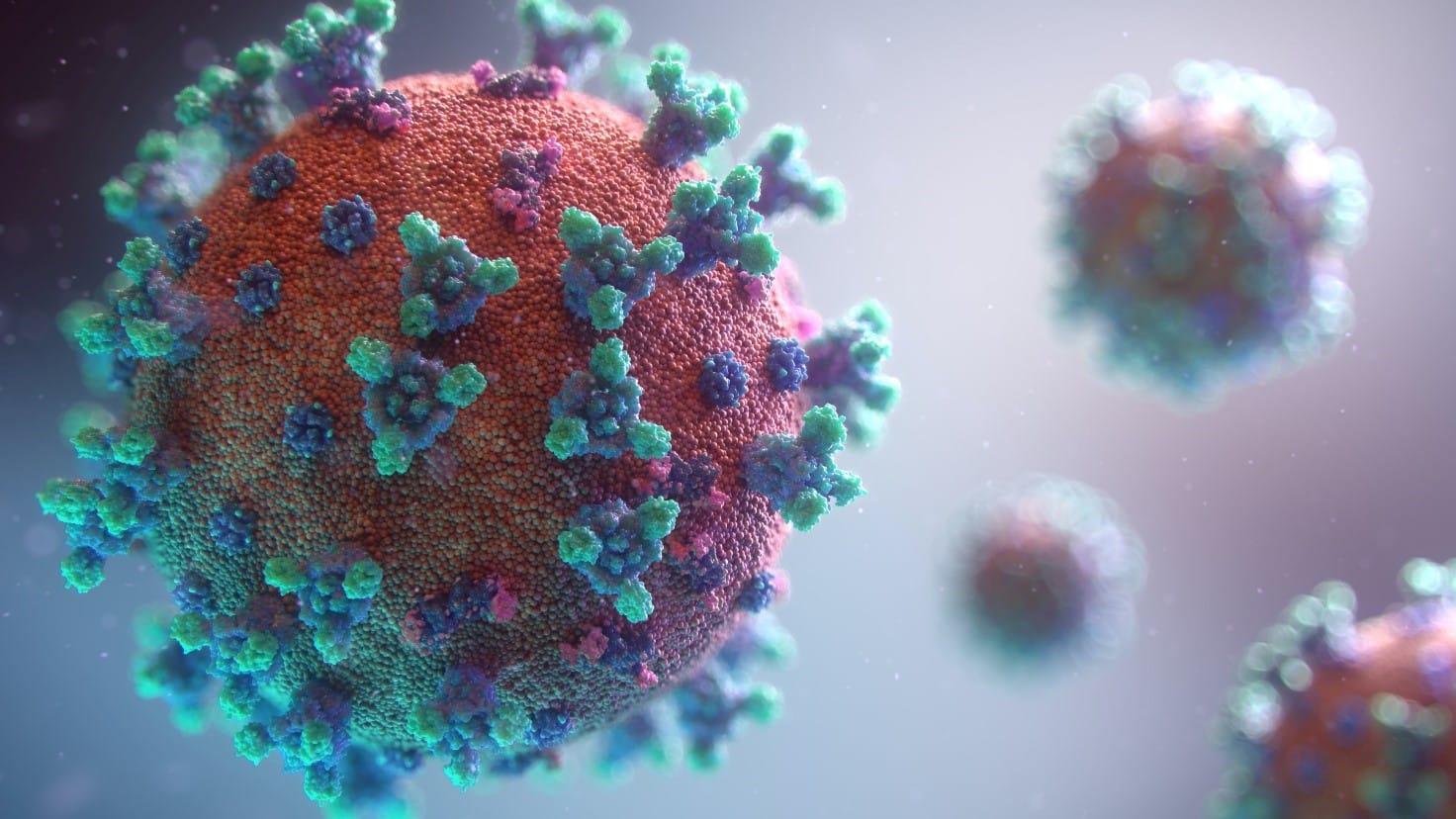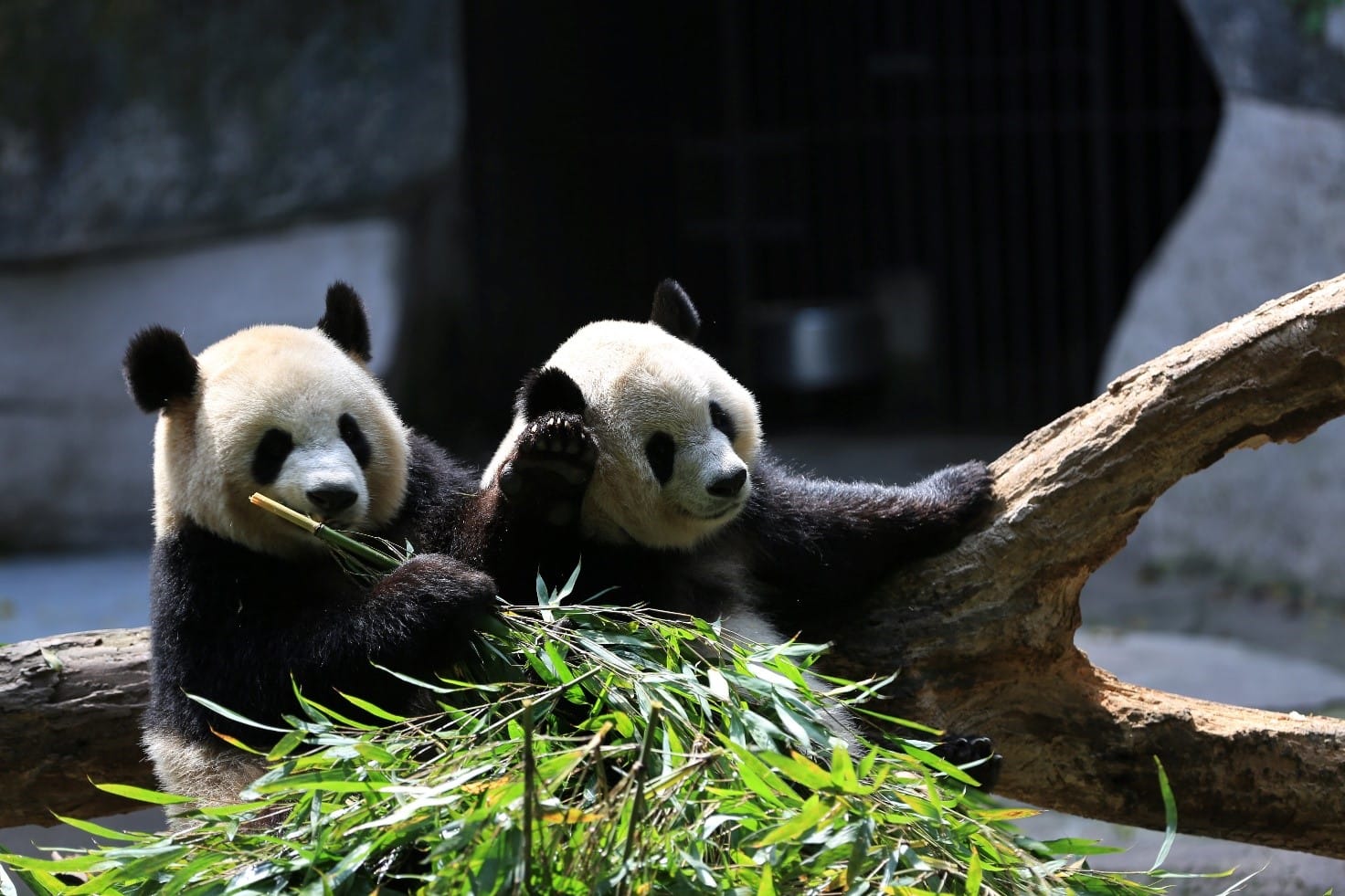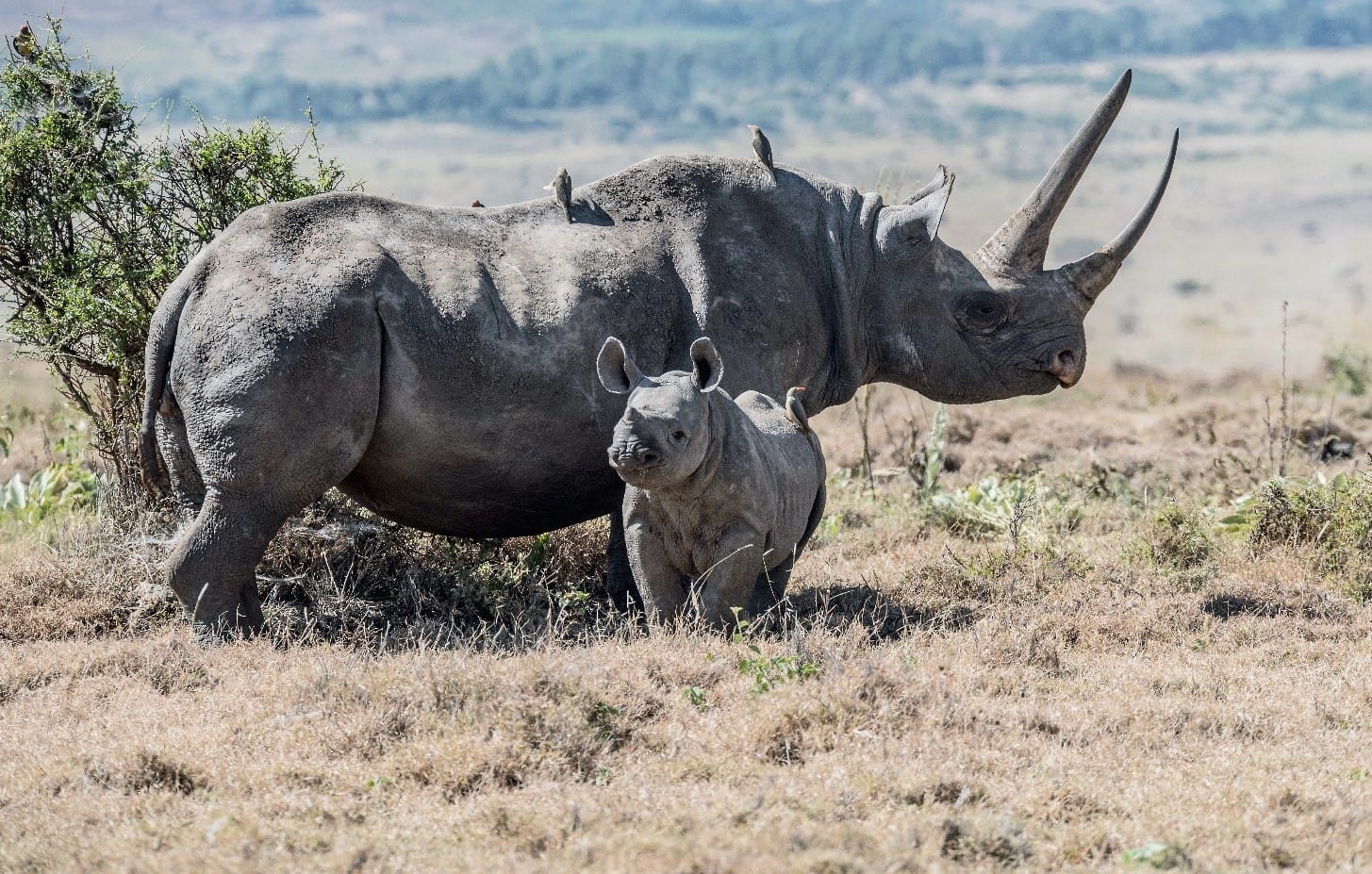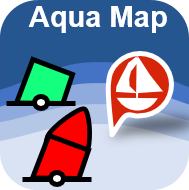Aqua Map Blog
How Life Has Changed After Covid-19
2021, April 22nd
The pandemic has changed completely our life and probably has changed it forever.
From the stringent social distancing measures, the self-isolation, facemasks, the continuos handwashing, the smart working, the streets eerily empty, the shut downs, nothing will be the same.
Photo: Fusion Medical Animation (year 2020)
A devastating economic fallout adding to the pollution, to the irreversible losses in biodiversity along with deforestation and land degradation, all exacerbated by climate change.
Photo: Amin Moshrefi (year 2020)
The Covid has disrupted everyday living in a way no one imagined before, but to fight it, a first step is starting from prevention, reinforcing our immune system. For this reason also a healthy diet with a healthy mix of proteins, vitamins, and minerals can strengthen us, like eating freshly cooked safe meals, restrict your sugar intake and to sleep at least 8 hours, obviously avoiding the stress, with meditation exercises, relax, as routine. But while humans self-isolating in their homes, animals that usually stay away from urban areas now have space to roam. In fact different videos show them, which are going out from their classic habitats .
From endangered turtles hatching on deserted Brazilian beaches, to wild goats taking over a Welsh town and wild boars strolling through one in Catalonia, Spain, it seems that the animals finally, can recover their spaces, stolen by the concrete.
As well as animals in zoos, where animals are making the most of their privacy with unexpected benefits, like at Ocean Park in Hong Kong, where the two giant pandas have mated and after years of fruitless attempts Ying Ying might be pregnant after 10 years, but we'll know it just in June, not before.
Even if there is a downside, the animals feel a sense of abandonment from their public, because the Zoos are closed.
Photo: Stone Wang (year 2021)
But alarming effects mainly affect animals in the reserves. Poachers are taking advantage of the tranquility to increase their business.
The Covid has caused job losses among Protected Areas rangers, cuts in environmental protection funding and collapse in ecotourism around the globe.
More than half of Protected Areas in Africa, and about a quarter in Asia, reported that they had to halt or reduce field patrols and anti-poaching operations, as well as environmental education activities.
From Africa to Colombia, there have been reports of a rise in poaching of endangered species.
In Botswana, government workers have been evacuating black rhinos from the Okavango Delta after six of the animals were reported to have been killed in March.
In Colombia, there's been a spike in the poaching of wild cats including jaguars and pumas, while in India, there have been reports of a rise in tigers being poached.
Unfortunately the significant decline in food availability per capita for poverty rises, the collapses of tourism, have contributed to an increase of wildlife trafficking.
An heavy toll on Protected Areas and nature conservation.
Photo: David Clode (year 2018)
Instead as regards the conservation of the marine world, the reduction in various sectoral pressures, that normally lead to pollution, overfishing, habitat loss/conversion, invasive species introductions, has had positive impacts on the marine ecosystems, but could be not enough, after years of damage.
But as countries rebuild their shattered economies, after this monster called "Covid-19" we must learn to grasp the opportunity the positive signals and on these ruins build a more sustainable, “greener” world.
This can be done by reducing carbon emissions, conserving biodiversity, and protecting the ecosystem services, that underpin a country’s prosperity.
If the governements will engage in constructive cooperation on this matter, they cannot be left alone: "Everybody should commit to reshape the world".
From the stringent social distancing measures, the self-isolation, facemasks, the continuos handwashing, the smart working, the streets eerily empty, the shut downs, nothing will be the same.

Photo: Fusion Medical Animation (year 2020)
A devastating economic fallout adding to the pollution, to the irreversible losses in biodiversity along with deforestation and land degradation, all exacerbated by climate change.

Photo: Amin Moshrefi (year 2020)
The Covid has disrupted everyday living in a way no one imagined before, but to fight it, a first step is starting from prevention, reinforcing our immune system. For this reason also a healthy diet with a healthy mix of proteins, vitamins, and minerals can strengthen us, like eating freshly cooked safe meals, restrict your sugar intake and to sleep at least 8 hours, obviously avoiding the stress, with meditation exercises, relax, as routine. But while humans self-isolating in their homes, animals that usually stay away from urban areas now have space to roam. In fact different videos show them, which are going out from their classic habitats .
From endangered turtles hatching on deserted Brazilian beaches, to wild goats taking over a Welsh town and wild boars strolling through one in Catalonia, Spain, it seems that the animals finally, can recover their spaces, stolen by the concrete.
As well as animals in zoos, where animals are making the most of their privacy with unexpected benefits, like at Ocean Park in Hong Kong, where the two giant pandas have mated and after years of fruitless attempts Ying Ying might be pregnant after 10 years, but we'll know it just in June, not before.
Even if there is a downside, the animals feel a sense of abandonment from their public, because the Zoos are closed.

Photo: Stone Wang (year 2021)
But alarming effects mainly affect animals in the reserves. Poachers are taking advantage of the tranquility to increase their business.
The Covid has caused job losses among Protected Areas rangers, cuts in environmental protection funding and collapse in ecotourism around the globe.
More than half of Protected Areas in Africa, and about a quarter in Asia, reported that they had to halt or reduce field patrols and anti-poaching operations, as well as environmental education activities.
From Africa to Colombia, there have been reports of a rise in poaching of endangered species.
In Botswana, government workers have been evacuating black rhinos from the Okavango Delta after six of the animals were reported to have been killed in March.
In Colombia, there's been a spike in the poaching of wild cats including jaguars and pumas, while in India, there have been reports of a rise in tigers being poached.
Unfortunately the significant decline in food availability per capita for poverty rises, the collapses of tourism, have contributed to an increase of wildlife trafficking.
An heavy toll on Protected Areas and nature conservation.

Photo: David Clode (year 2018)
Instead as regards the conservation of the marine world, the reduction in various sectoral pressures, that normally lead to pollution, overfishing, habitat loss/conversion, invasive species introductions, has had positive impacts on the marine ecosystems, but could be not enough, after years of damage.
But as countries rebuild their shattered economies, after this monster called "Covid-19" we must learn to grasp the opportunity the positive signals and on these ruins build a more sustainable, “greener” world.
This can be done by reducing carbon emissions, conserving biodiversity, and protecting the ecosystem services, that underpin a country’s prosperity.
If the governements will engage in constructive cooperation on this matter, they cannot be left alone: "Everybody should commit to reshape the world".







